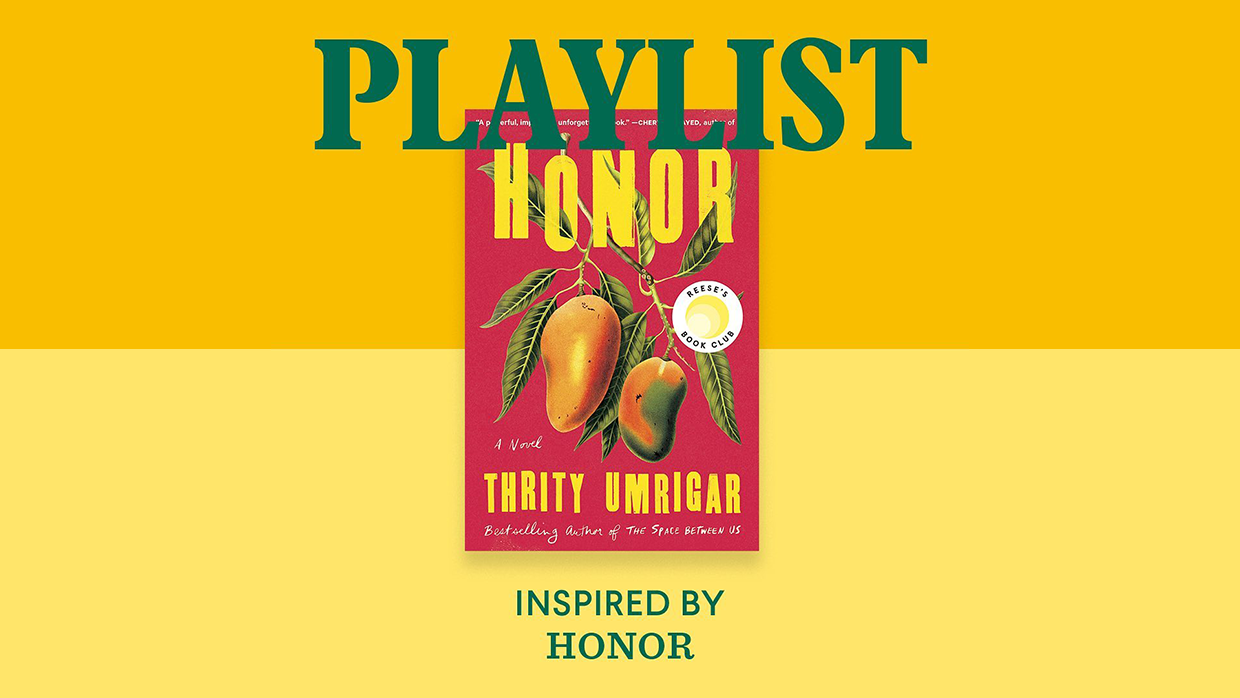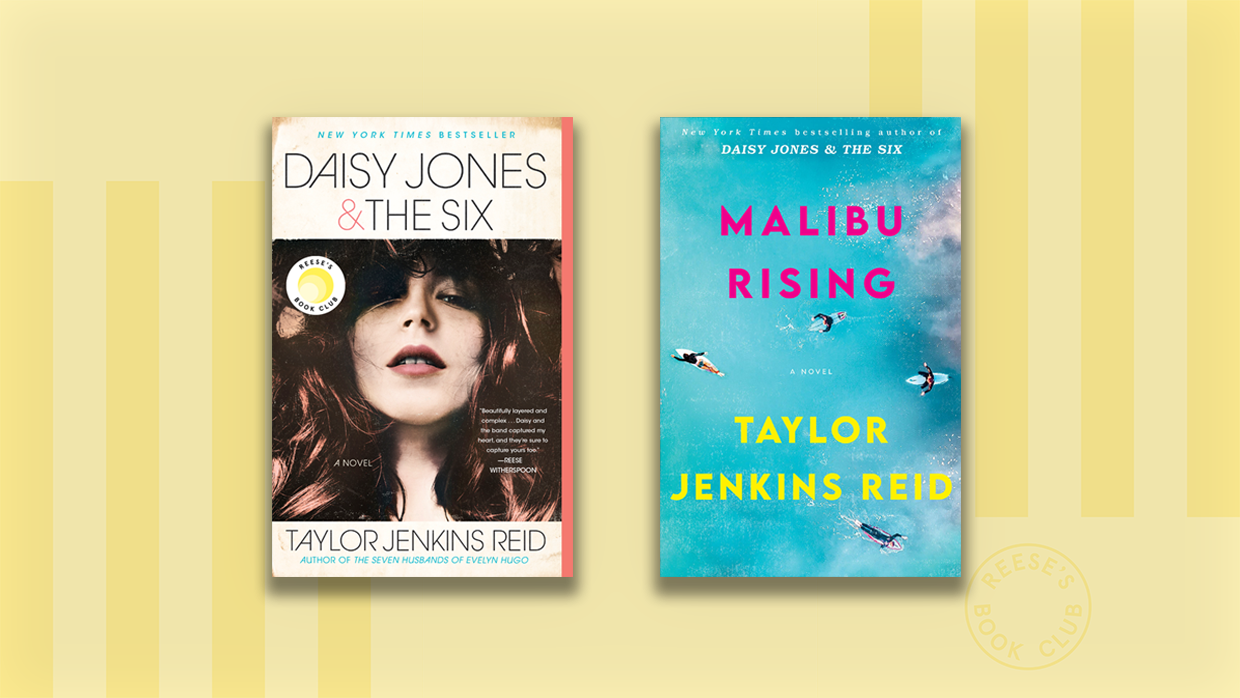As a novelist, a storyteller, I love, respect, and treasure stories, but I am equally drawn to silences. The things we cannot talk about easily in our societies, communities, and families. They shape us, all those gaps and absences. Even when we might not know exactly what they are about we sense their presence in the midst of our lives. Family stories are powerful, no doubt, but so are family silences.
I am endlessly interested in the duality between memory and amnesia. Intergenerational traumas, inherited pain. It always amazes me to observe the extent of generational differences when it comes to our relationship with the past. The first-generation immigrants, the elderly, those who have experienced the biggest hardships, and at times traumas, have so much to say about the past, and yet they don’t always have a language. Thus it often remains untold, all that they have gone through. The second generation are usually not much interested in the past. This is understandable given that they need to find their feet, focus on this particular moment, remain forward-looking. They have to be this way to build up a new life in a new land, especially if the family has experienced some kind of displacement. It is therefore the third or the fourth generations, the youngest in these families, who are asking the strongest questions about identity, belonging, the tales of their ancestors. They are the ones who are digging. It possible to come across young people with old memories.
All these themes are central to my new novel, The Island of Missing Trees.
Cyprus, lying in the eastern Mediterranean, is a beautiful place with beautiful people, north and south. But it is also a land that has been traumatized and scarred by ethnic violence, partition, division. Nicosia is the last divided capital in Europe. The border that cuts through the island separates communities—Christians from Muslims, Greek Cypriots from Turkish Cypriots. This is a place where the past is not a long bygone affair, it is still very much alive, breathing inside the present. Memories clash, depending on whom you talk to. The wounds are yet to be healed.
I have been wanting to write this book for so long, but the truth is I could never dare. How do you start imagining the story of a place that has experienced such traumatic division and ethnic partition without yourself, as a storyteller, falling into the trap of tribalism or ultranationalism? How do you approach such a complicated story and honor the experiences of people from completely different cultural and ethnic backgrounds or age groups? For so long I have been thinking, reading, researching, but I could not find an open door, a gate that would lead me in—until I found the fig tree. Or perhaps I should say, the fig tree found me.
“Her voice—for this is a female tree, and an immigrant too—came to me not in bits and pieces, but almost in a continuous flow, like a stream, like a river, like an uninterrupted dream.”
I am fascinated by trees—and their roots.
Human-time is very different than arboreal-time. If told from a “tree’s perspective,” history would not be the neat, linear continuum that we humans tend to assume it is. Rather it would probably be cyclical, perennial, moving in circles within circles, like the rings you would find when yet another tree is chopped down. Arboreal time is closer to story time.
Throughout history, whenever human beings have destroyed each other in the name of ultranationalism, religious fundamentalism, or any kind of extremism, it is not only human lives that have been lost, but also entire habitats with plants and animals inside. I believe we have so much to learn from trees—especially a sense of connectivity and humility that we have lost along the way. Communicating both under and above the ground, trees are far more sentient than we recognize. And even though there has been a remarkable body of scholarly literature about them, there is still so much we do not know.
My book is partly narrated by a fig tree. Her voice—for this is a female tree, and an immigrant too—came to me not in bits and pieces, but almost in a continuous flow, like a stream, like a river, like an uninterrupted dream. Even so, it was a risk to have a tree talk in a novel, but I wanted to take that risk because it felt the natural thing to do. Perhaps it is because of my own upbringing. I was raised by two women—a single working mother and a traditional grandma.
Grandma was a healer, an oral storyteller, an unusual matriarch in a deeply patriarchal society. In her youth she had not been able to get a proper education because she had been denied the chance by being born a girl. She herself wholeheartedly supported women’s education. She was wise. Compassionate. Her house was full of superstitions, evil eye beads, coffee cup readings . . . and oral traditions of the Middle East, Anatolia, the Levant, the Balkans. Food, too, was a language for her. She seemed to believe that if only we could sit around the same table and break bread together, there would be fewer misunderstandings, fewer fights in this world.
In Grandma’s magical universe everything spoke all the time—sour cherry trees murmured, pine cones nattered, pebbles giggled, the clay tiles on the roof grumbled, and leaves, if they were in the mood, sang songs so soulful and sweet. Coming from such an upbringing I was perhaps more ready to hear what the fig tree had to tell me. I am grateful to the Ficus carica in my novel, for she gave me the sense of freedom that I needed to write this book. She also made it possible for me to explore more closely what it feels like to be rooted, uprooted, almost deracinated, rootless. Having multiple belongings. Commuting between cultures. These are all themes that are close to my heart.
My novel deals with difficult subjects, including division, displacement, mental health, and intergenerational traumas, but I sincerely believe, and hope, that this is an uplifting book that celebrates the power of love, empathy, connectivity, and, ultimately, our common humanity.



